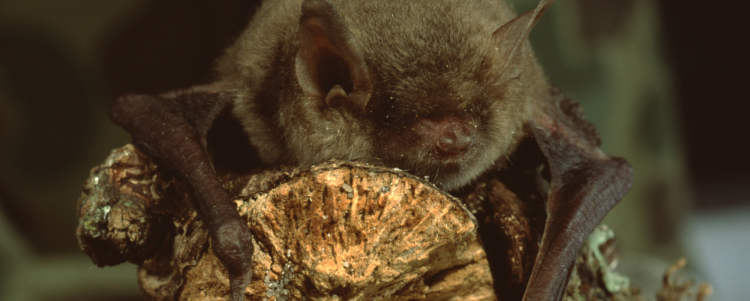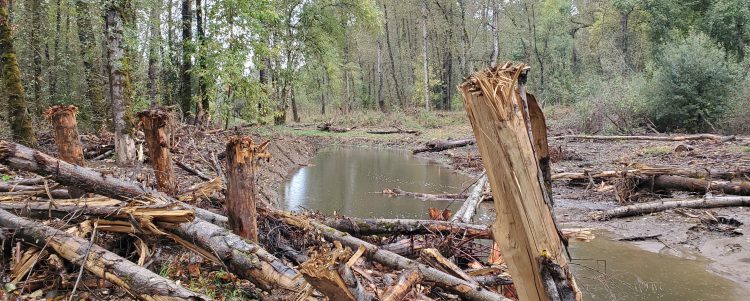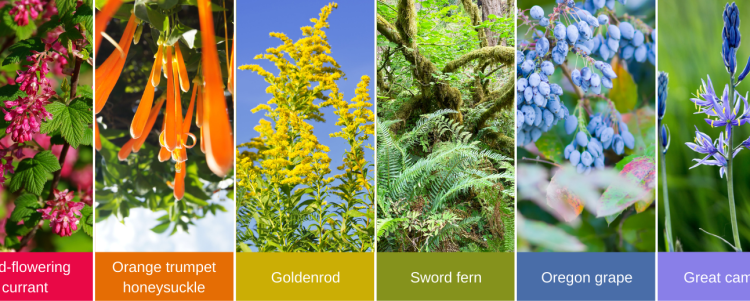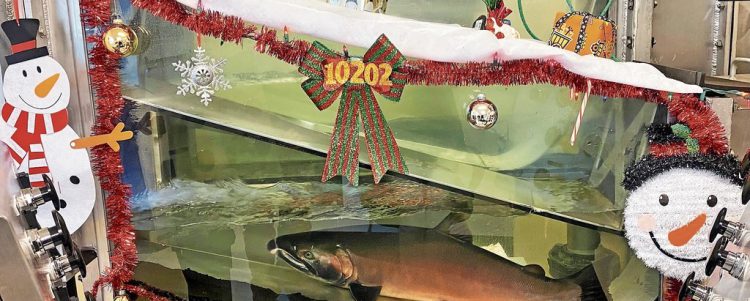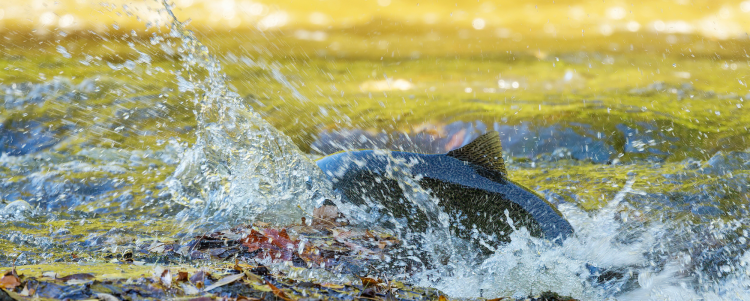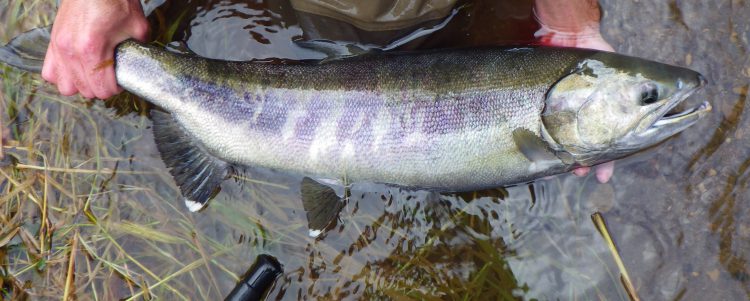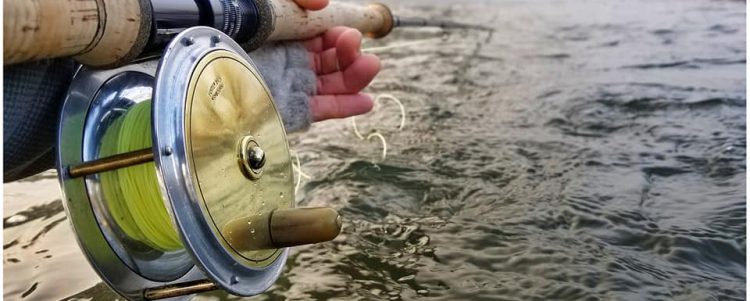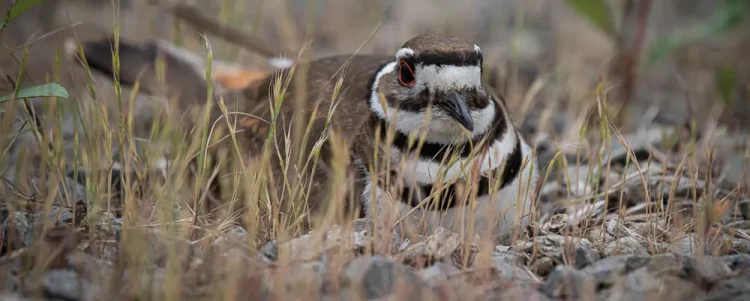Native Bats of the Clackamas
Native Bats of the Clackamas Oregon’s native bats are hard at work protecting our local ecosystem. Here in the Clackamas Watershed, several species help keep insect populations in check and contribute to the region’s biodiversity. Oregon has 15 native bat species (no known invasive bats) but not all of them are found in the Clackamas
